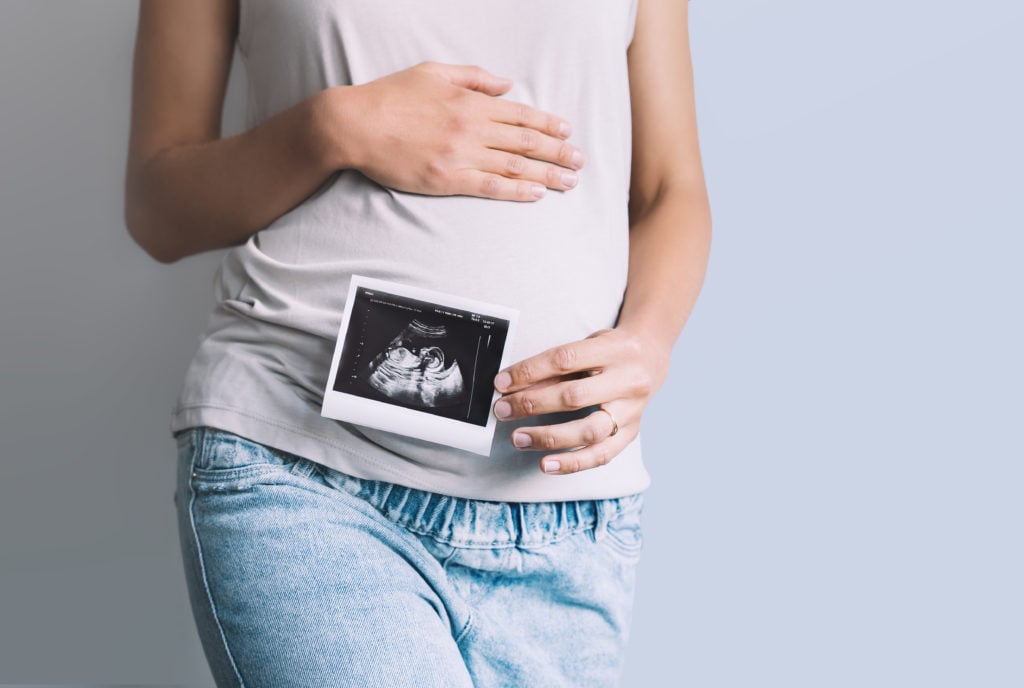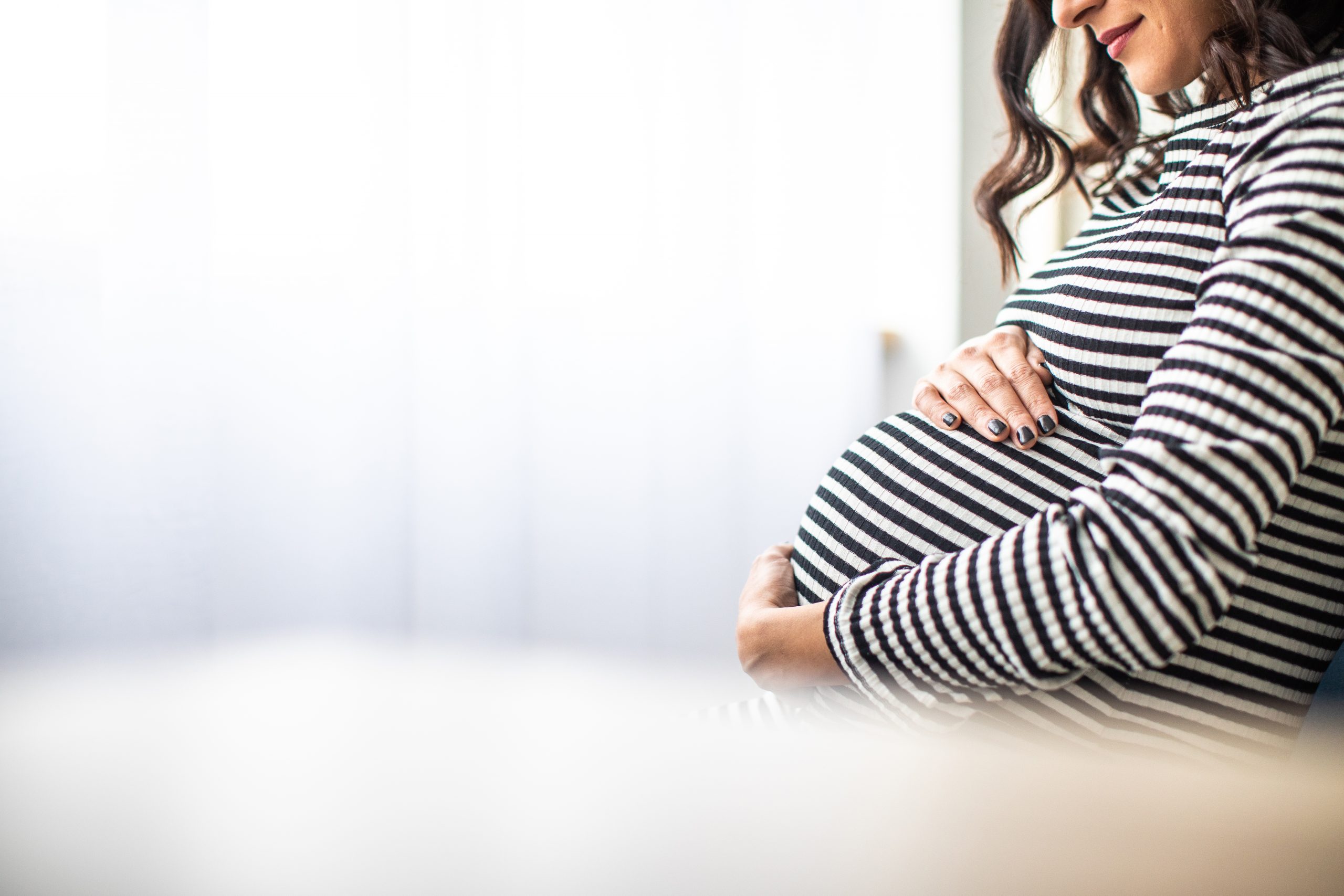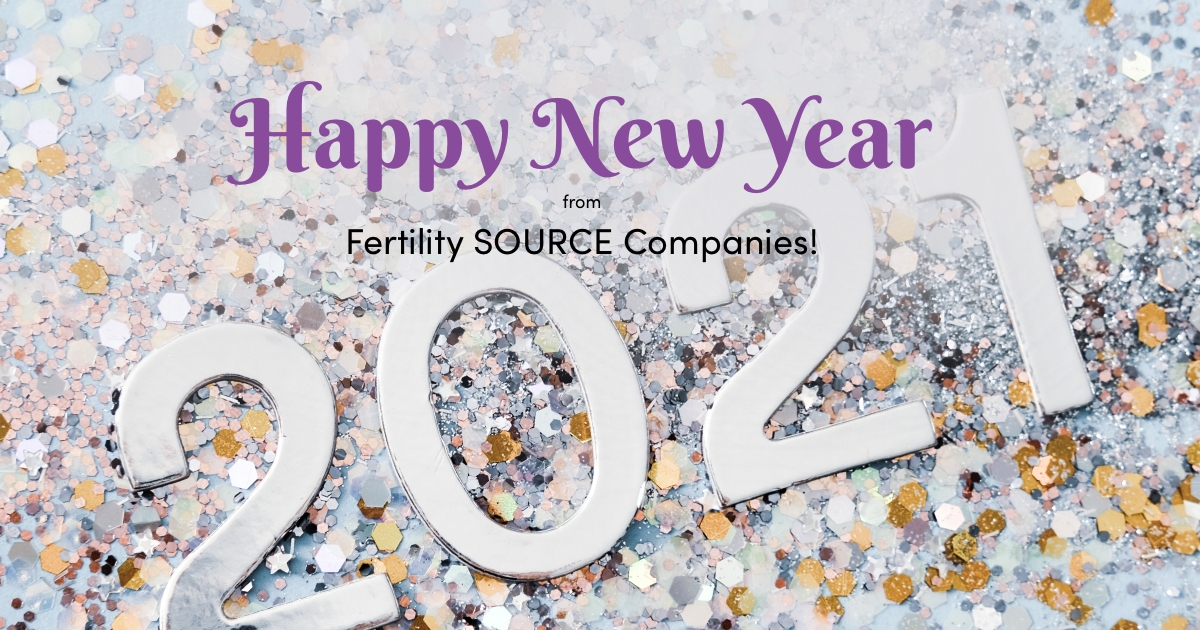The Gift Of Giving & All That Goes With It
Intended parents, industry professionals and most importantly gestational carriers might have concerns about what a gestational surrogate may experience after the baby they have been carrying for someone else for the past nine months – and rightly so. This is a big deal, it’s a huge responsibility and there are many emotions involved.
We know that many intended parents have a positive, healthy, and great relationship with their gestational surrogate. It’s normal for them to worry about her after the baby is born. How is she going to feel? With there be feelings of attachment to the baby? Will their gestational surrogate want to bond with the baby? With them? Their family? Because many women experience post-partum depression after pregnancy will this possibly hit her harder because she gave the baby she was carrying back to the intended parents? And last but not least – is she going to feel lonely, unsupported, maybe even used? These are all real worries that most intended parents have when embarking upon surrogacy.
Yes, a gestational surrogacy pregnancy is different than having a baby of your own. However, a pregnancy is a pregnancy is a pregnancy and post-partum depression still happens and those feelings can be increased through surrogacy. Why? Lots of reasons – if the gestational surrogate isn’t worried about the feelings of attachment or even detachment from the baby – she might feel alone, lonely for her intended parents. After all, she’s spent a lot of time with her intended parents communicating with them – and so has her family. She and her family might have had daily contact with their intended parents talking about all kinds of things – personal things. Let’s face it nothing is more personal than having a baby right? For some gestational surrogates the intended parents accompany her to the embryo transfer, the ultrasound, OBGYN appointments and delivery.
Emotions after delivery often run deep and it’s understandable how a gestational surrogate might feel sad, confused, or even abandoned. These are all normal kinds of feelings to have. Sharon LaMothe gestational surrogacy industry professional is spot on with her analysis:
“The message has been sent that feeling detached at birth is a good thing which, by human nature, is not a normal emotion when a baby is brought into this world. We want moms and babies to bond…but in this case it isn’t what the Intended Parents want to have happen unless it’s them doing the bonding! Add on top of this the fact that the Surrogate has become very attached to her Intended Parents. Because communication usually ramps up near the end of the pregnancy, with more phone calls, appointments and plans, IPs and their surrogate can be closer emotionally than ever before. Although the Surrogate is preparing her family for the eventful day and the Intended Parents are checking their list to make sure all is in order on their end, the possibility of some sort of depression or even regret sneaking in can take everyone involved by surprise.”
What we do know about post-partum depression (PPD) occurs in roughly 15-20% of women anywhere from 4-8 weeks after delivery. Women who often have a tougher time with PPD are those who have experienced PMS, who have undergone major emotional stressors in their life, lack of family or social support during pregnancy, or have had previous anxiety issues.
What does PPD feel like? It can come in many forms – bouts of crying or tearfulness, not being able to sleep, excessive tiredness (more than what’s to be expected after giving birth), not being able to concentrate, suicidal thoughts, feeling depressed, not wanting to get out of bed, change in appetite, feeling inadequate, the inability to enjoy things you used to. Not being able to care for your family.
The causes of PPD don’t change because of gestational surrogacy, they are the same for every woman who’s given birth but there are different factors to consider regarding surrogacy. Aside from the normal drastic change in hormone levels in the body ( estrogen, progesterone and cortisol decreasing rapidly and considerably after delivery), maybe not feeling great, pain if she’s had a C-section, feeling less attractive in all areas the gestational surrogate is not going to be taking a baby home to care for. That baby has been handed over to the intended parents which can be overwhelming for anyone.
So what can a gestational carrier do for self-care?
Eat well, rest well, let your family care for you, and accept help. This isn’t a time to curl up and avoid the world – embrace the world, don’t isolate, reach out to other gestational surrogates and talk to them about their experiences, write about it and seek professional help if necessary. Above all don’t push yourself – remember you’ve just had a baby, given a set of intended parents with one of the most precious gift of all their child – so yes, you are super woman but that doesn’t mean you have to wear the cape all the time!


